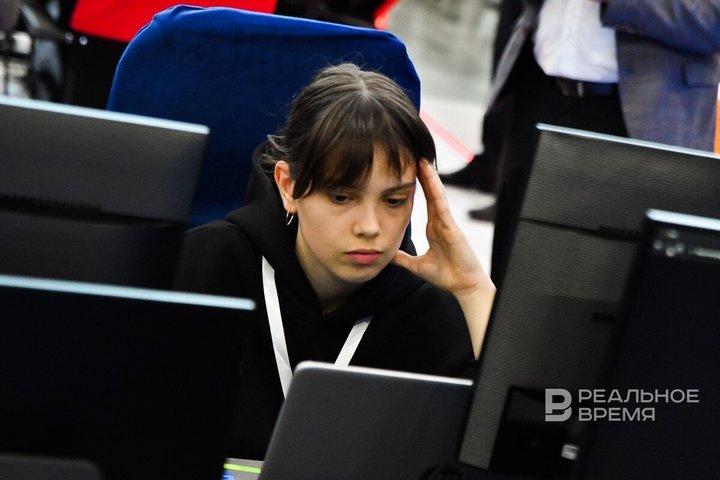‘Fines will artificially be created for search engines — they are not ready for this’
Bill on blocking pirated mirror websites and the new responsibility of search engines caused a twofold reaction from experts

Russia has simplified the fight against pirated mirror sites by giving Roskomnadzor the authority to block them and shortening the procedure to two days. Besides, all search engines are now required to remove links to pages with illegal content. However, experts consider some measures ineffective, while others are difficult for “search engines” to implement, which will serve as a lever of pressure on platforms. Read the details in the material of Realnoe Vremya.
Fight against “mirrors” — no more than two days
President Vladimir Putin has signed a bill designed to simplify the fight against mirror websites that copy the contents of blocked pirated resources. The authority to recognise websites as “mirrors” passed from the Ministry of Digital Development directly to Roskomnadzor.
Now, when identifying such links, Roskomnadzor first transmits information to the ministry, which decides whether the site is a copy of an already blocked one. The decision is sent to the owner of the resource and to Roskomnadzor.

The bill also approved this rule, now all search platforms are required to block links with illegal content. According to the initiative, Roskomnadzor will contact the provider within 24 hours and block the mirror, warning search engines about the non-disclosure of information about the site. The document comes into force from the date of its official publication. The only exception is the amendments to the bill “On Information, Information Technologies and Information Protection”, which enters into force on October 1, 2024.
This summer marks seven years since the bill was introduced in Russia that restricts access to copies of pirated resources (from July 1, 2017). During this time, over 59 thousand sites were recognised as pirated and blocked.

“It's like cutting the branch you're sitting on”
The industry welcomes the new law, calling it an important step towards solving the problem. However, some experts consider this measure to be insufficiently effective in the fight against piracy, since countless new “mirrors” of pirate sites are created instantly, but the content remains available on torrents anyway. Even the most simplified procedure and accelerated work of any supervisory authority will not help here.

Major search platforms, such as Google, will try to meet the requirements of Roskomnadzor. But all this will create a lot of problems for platforms, and, perhaps, access to sites will not be blocked so quickly. “What is the threat? Google, Yahoo, Bing, Microsoft and other “search engines” will artificially create a large number of new fines, because they will most likely not even be ready for such a thing," the expert believes. Can Roskomnadzor go further, for example, impose restrictions against the wronged “search engines” themselves?
“It's like cutting the branch you're sitting on. They won't do it yet, because it's not profitable for them. But they create a legal justification on the basis of which they can do whatever they want. Any platform entering the market of any state is obliged to comply with its rules. But these are large information systems with a large number of users. Now they are thinking about blocking YouTube, while saying that there is no point in blocking it, as long as there is no appropriate analogue. How will it end when there is an analogue? Everyone hopes that nothing, but you never know," Roman Sukhar concluded.

“Roskomnadzor now faces great challenges, not only in blocking pirated sites”
Experts also express concerns that with such an accelerated fight against pirates, excesses are possible when other sites that only look or spell similar to the banned ones will be blocked. It will not be easy to fix the error, it will take time and resources. Besides, the scope of Roskomnadzor's activities now includes many issues.

VTSIOM data shows that 63% of Russians believe that in order to combat piracy, it is necessary to reduce prices for legal content. Solving the problem only by blocking prohibited resources is not an option until downloading or viewing legal copies becomes available to most citizens.
“I think that prices will be affordable only if there is active competition among content producers. Accordingly, it is necessary for everyone to work effectively, everyone in their place. Then legal products will be available," Airat Farrakhov is convinced.